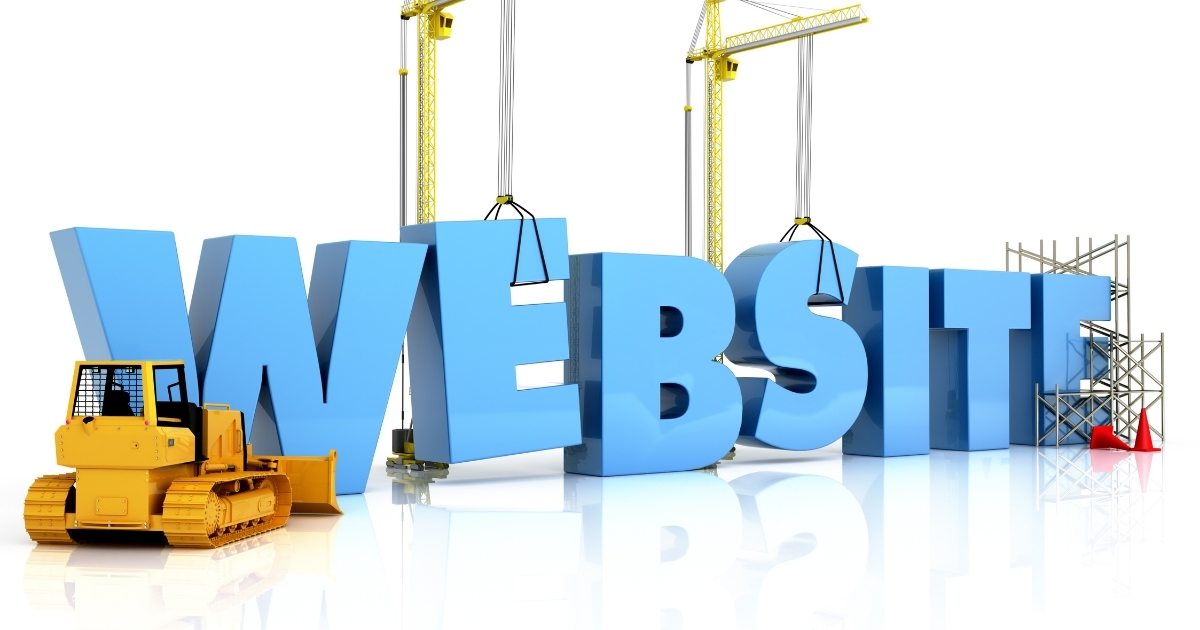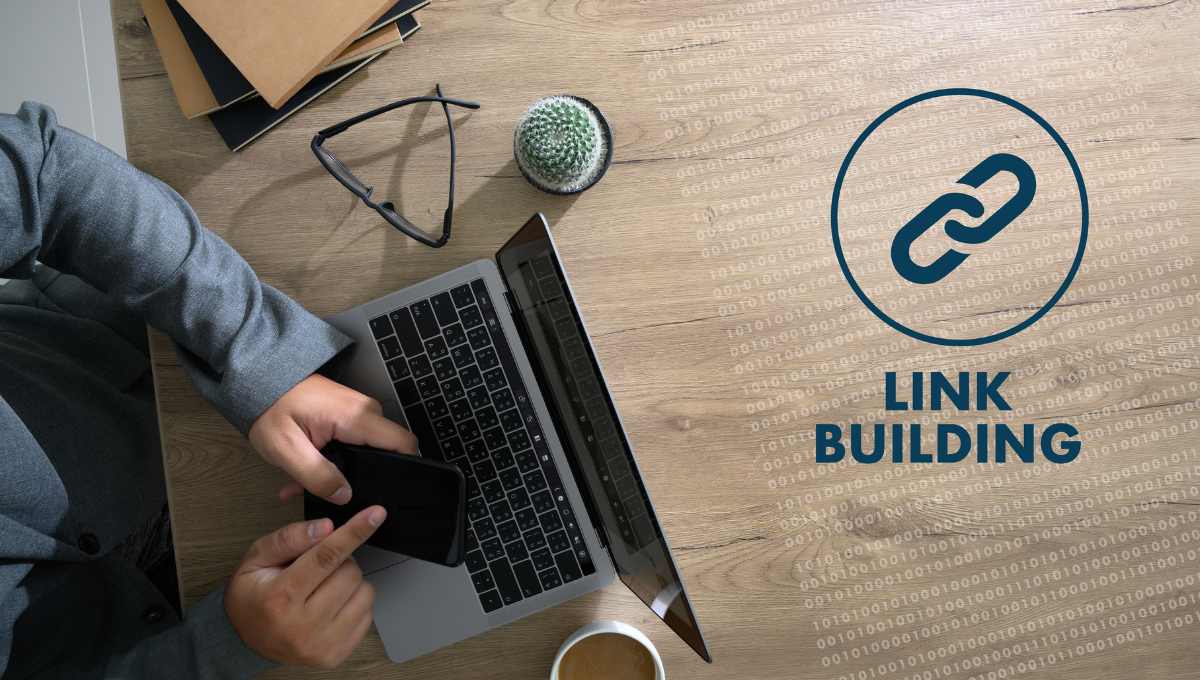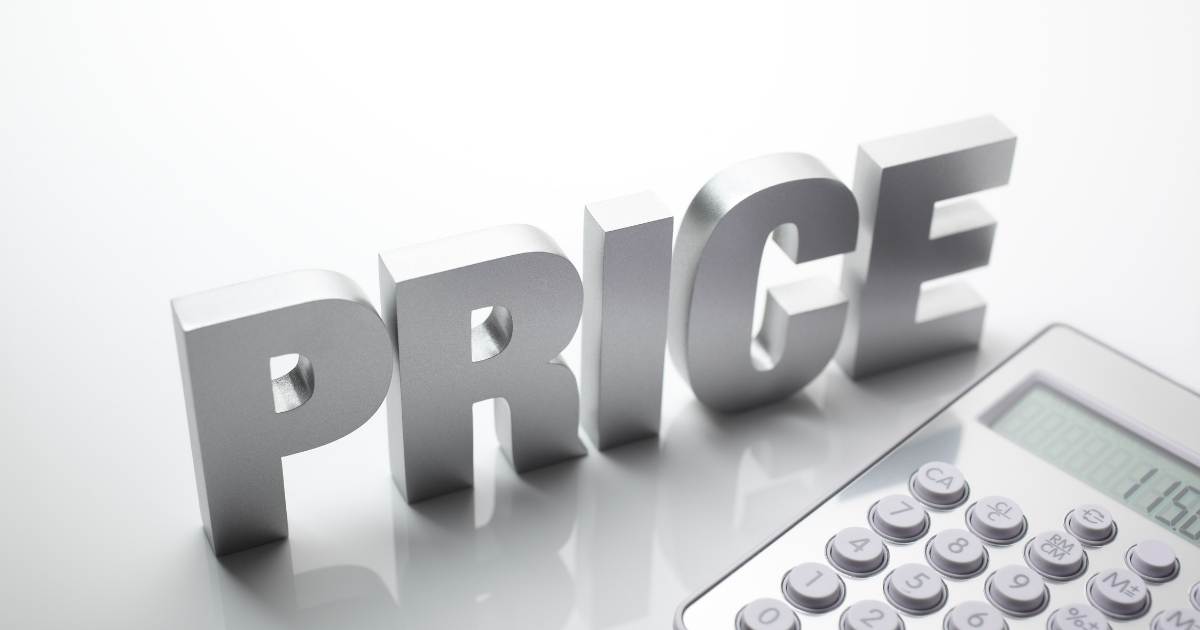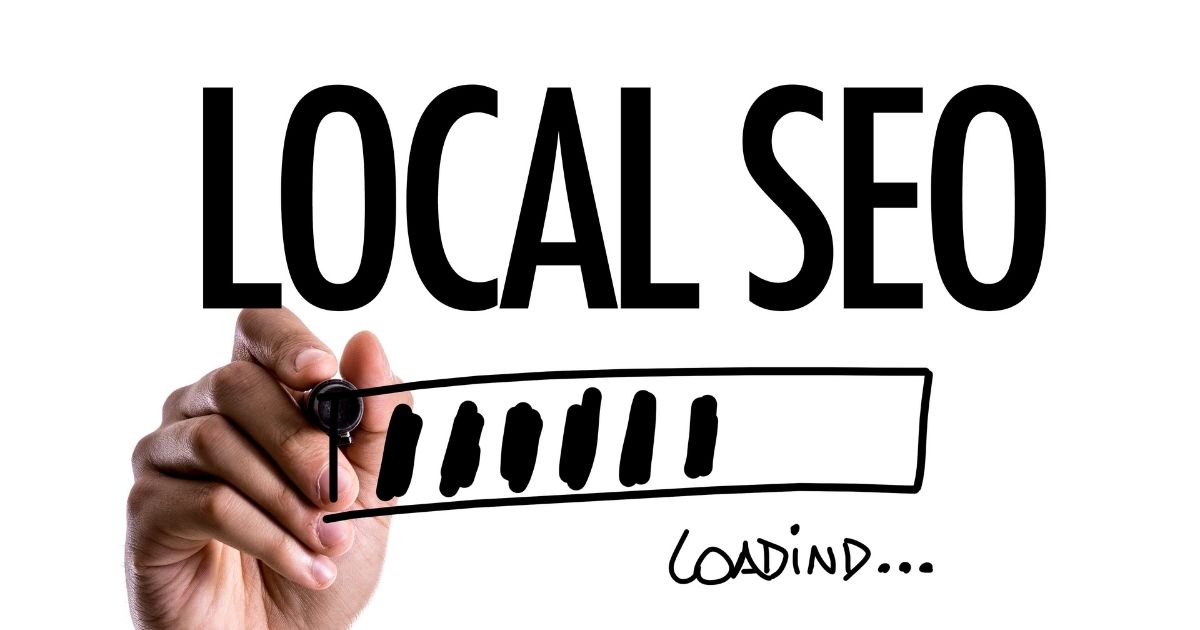Is your website running a wee bit slow? Try testing your site on Pingdom, just pop in your web address and you’re good to go.
A site speed of more than around 3 seconds may mean that your site needs some attention to bring that load time down. Why? Well, in today’s day and age of instant gratification, your potential clients’ attention span diminishes FAST after a few seconds. Chances are they’ll simply click or tap past your site in favour of a faster loading page.
Recent stats indicate that over 40% of consumers will abandon a site if they have to wait longer than 3 seconds. That’s a pretty big bounce rate simply caused by impatience.
Another critical reason to ensure you have a fast-loading site is that search engines rank sites with fast loading times higher than slow loading sites.
Here’s some beginner’s tips on how to improve your site speed:

Check your image sizes
Large images take longer to load, so if your home page is image-heavy, you’ll really need to optimise those images. There are loads of plugins that can do that task and many of them are free. I use the Smush plugin, it ably handles all my size optimising throughout my sites. If you currently have large images of a few megs, the free plugin version may not be able to reduce that image to the appropriate size. In that case, you’ll need to consider a paid option. In any event, you should be optimising your image size PRIOR to upload.
Deactivate and delete unused plugins
This goes a step further than deactivating unused plugins. Besides clearing up some data space and reducing the load on your server (depending on how many plugins you have), it makes your dashboard much tidier and easier to navigate.
Delete old or unwanted files
Think of the extra themes, blogs, pages, comments, spams etc that you have or will accumulate over time. All those extras will increase the size of your database and web files and slow your site speed down. Get rid of them. If you haven’t used them for a while and see no purpose for them, let them go. I periodically clean up my site, it makes it so much easier to navigate the dashboard when I’m creating new posts, pages etc.
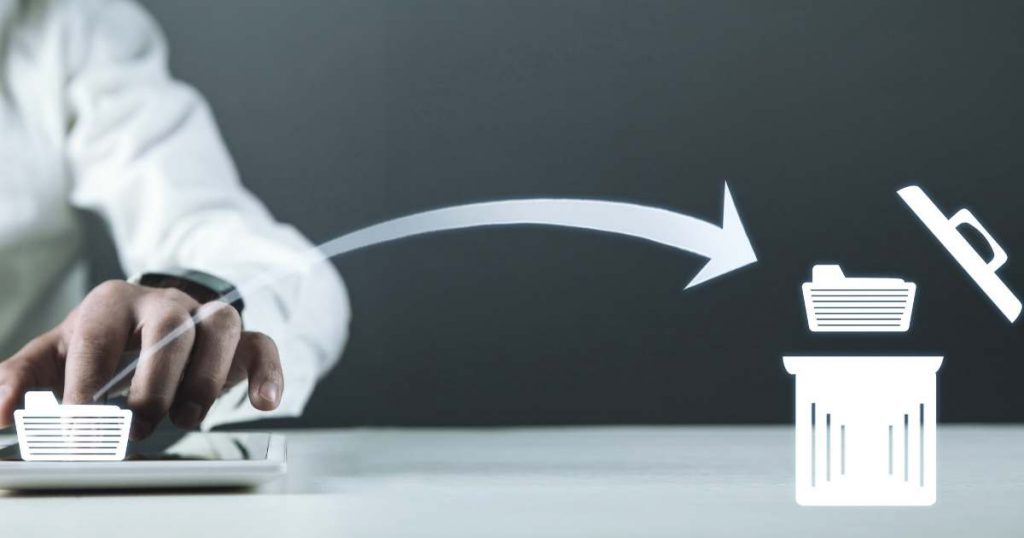
Use a caching plugin
A caching plugin simply generates a static page of your website and stores it for faster loading. There are loads of great free caching plugins that you can ‘set and forget’ if you’re unfamiliar with the more advanced functions of some caching plugins. WordPress W3 Total Cache is a great option.
Use a lightweight theme
Many themes are super sparkly with fancy sliders, widgets and backgrounds throughout the entire site. In choosing a theme, always be mindful of the ‘need for speed’. When uploading your chosen theme to WordPress, I suggest loading only the pages you’ll be using. Don’t opt for the entire ‘demo’ theme as you’ll be left with sluggish files that will really slow your site speed down.
Minify CSS and JS files
Not much to know here if you’re not on the techie end of things. CSS and JS files can take up a lot of space, a plugin will simply reduce the size of these files and add to a faster load speed.
Check your hosting provider
Some shared hosting providers offering you the world (unlimited bandwidth, emails, storage etc) will result in a slow load time due to the provider being unable to deliver full visibility during peak times. Check their reviews before making a decision. If you’re already with a provider that you are not happy with, it’s time to find a new one.
During the process of speeding up your site, don’t forget to periodically test your speed, you’ll get a better understanding of the areas that will benefit most from doing all that work.
Individually, each of the above suggestions may or may not amount to a large reduction in site speed, but taking action on all points can save you those crucial few seconds required to keep your potential customers from looking elsewhere.
Cheers,
Cam Dempster – digital marketing hub

